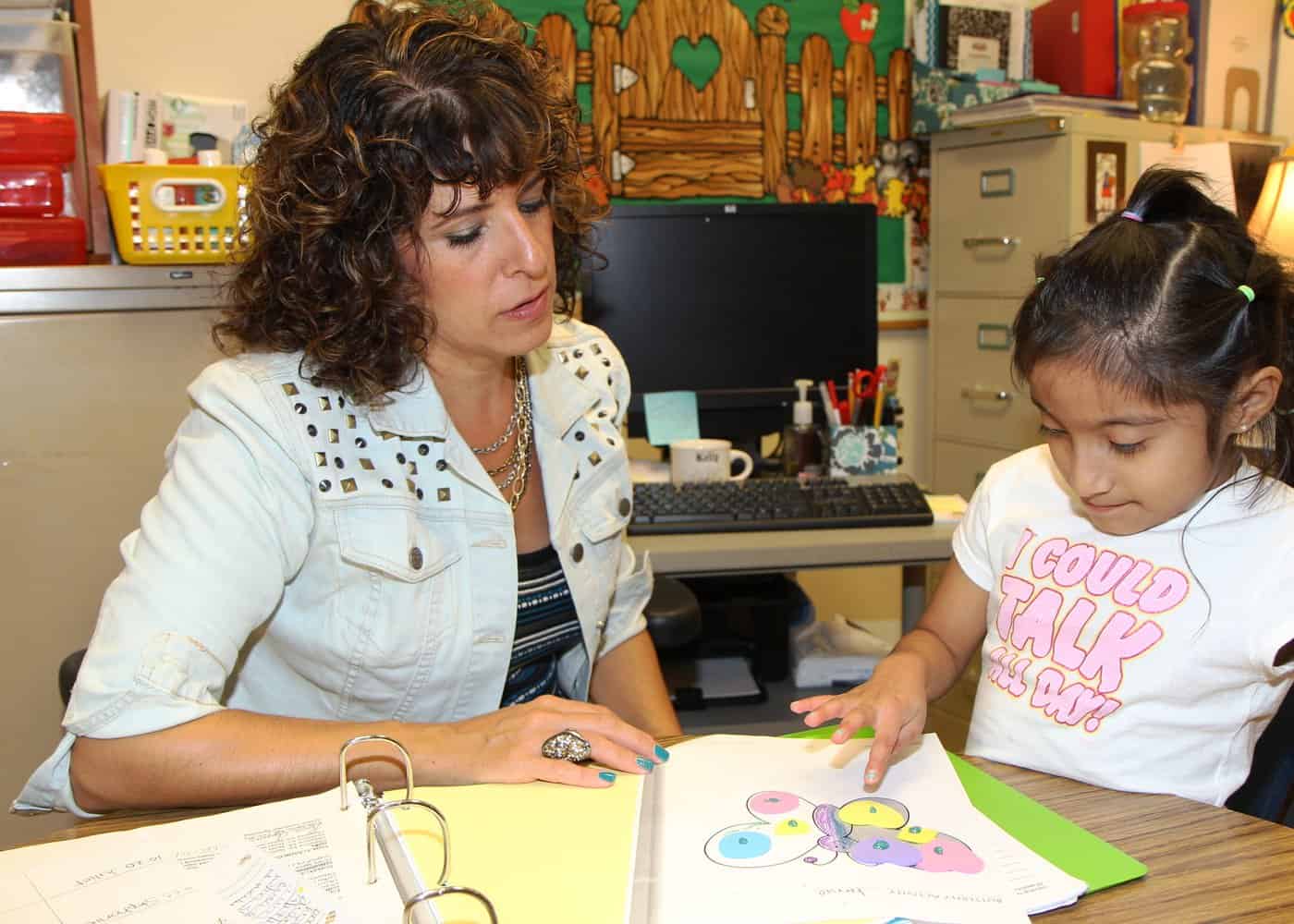Making eye contact, having a firm handshake, noticing the reactions of others as you speak and adjusting accordingly: these are all skills you need in order to succeed in the world. Most people learn them simply by osmosis, although with varying degrees of success.
But for children with disabilities, the process in which social skills are learned and practiced is entirely unique, often requiring a great deal of time, effort, and instruction.
For the parent of a child with disabilities, it can be difficult watching them struggle to learn and adapt. The temptation to protect them from possible embarrassment and teasing can be strong — after all, 66% of parents of children with learning disabilities believe their children are more likely to be bullied — but these skills are fundamental to their success later in life.
While there is never a single right answer, we have put together a list of three of the most important steps to take in teaching your child better social skills.
One-on-One Therapy
Many times, children with Aspergers or autism will not be able to pick up on the subtle social cues and idiosyncrasies of modern interaction. Many times, a school for special needs can help with this, but sometimes, a student will need to see a specialist.
The process is called behavioral therapy, which operates on the belief that all behaviors are learned. By working with a therapist, children with disabilities are able to learn social skills in a more direct manner, as well as being able to discuss the importance and reason behind them.
Relaxed and Safe Socialization
Whether this is at home or in a comfortable environment, the first step after learning new social skills should be trying them out in a safe place. Typically, you will want to look for a low-pressure situation: a play date or sports game.
The key is that the child feels comfortable. If they don’t feel comfortable, it will be harder for them to remember their new social skills and how to best apply them.
Socialization with Children Without Special Needs
Private education for special needs students is a great choice for children with autism and Aspergers. They circumvent a lot of the cruelty and disadvantages students might otherwise experience in a public school.
But if you do seek a private school for special needs children, it is important that your child still has the opportunity to socialize with their peers without learning disabilities or special needs from time to time. This will help prepare them for life outside of the special education classroom.
It can be a challenge to provide your child with disabilities all the opportunities and support they need. But helping your child understand and better assimilate into social interactions will help promote a happier, more productive life for your child.
The Deron School in New Jersey is a private school for special needs children of all ages. Our unique blend of education and life preparation has made us one of the most successful private autism schools in the state. For more information on special needs schools in NJ, contact us today.
